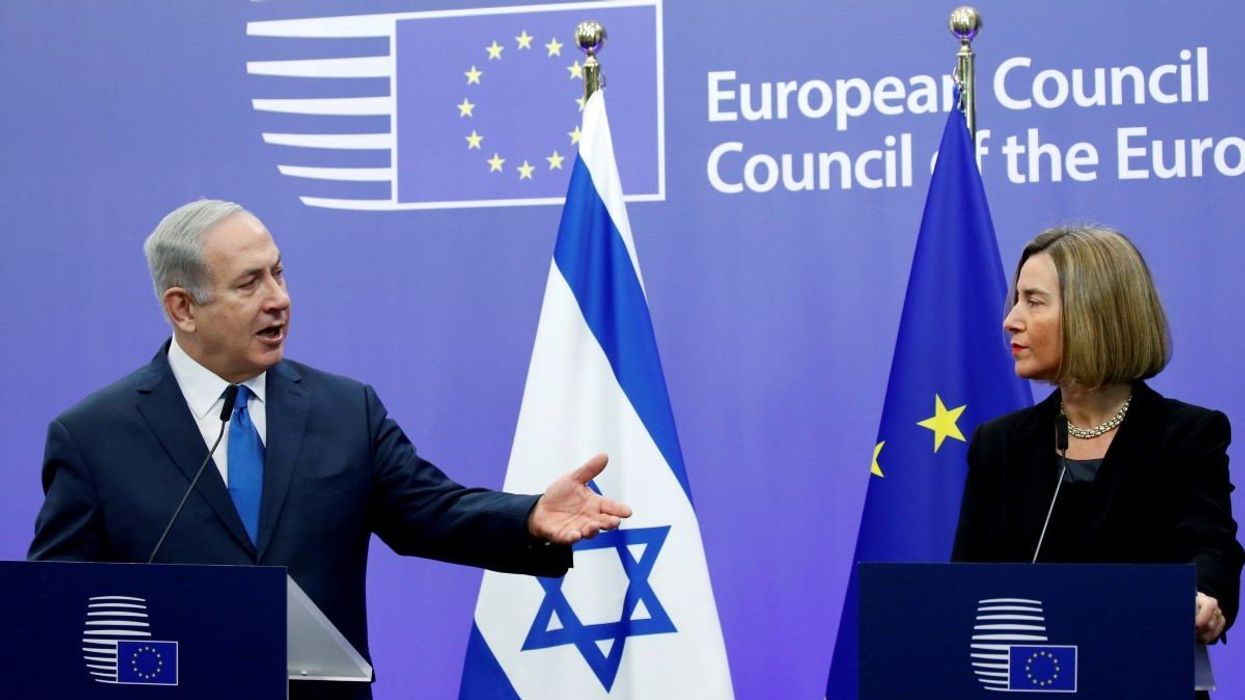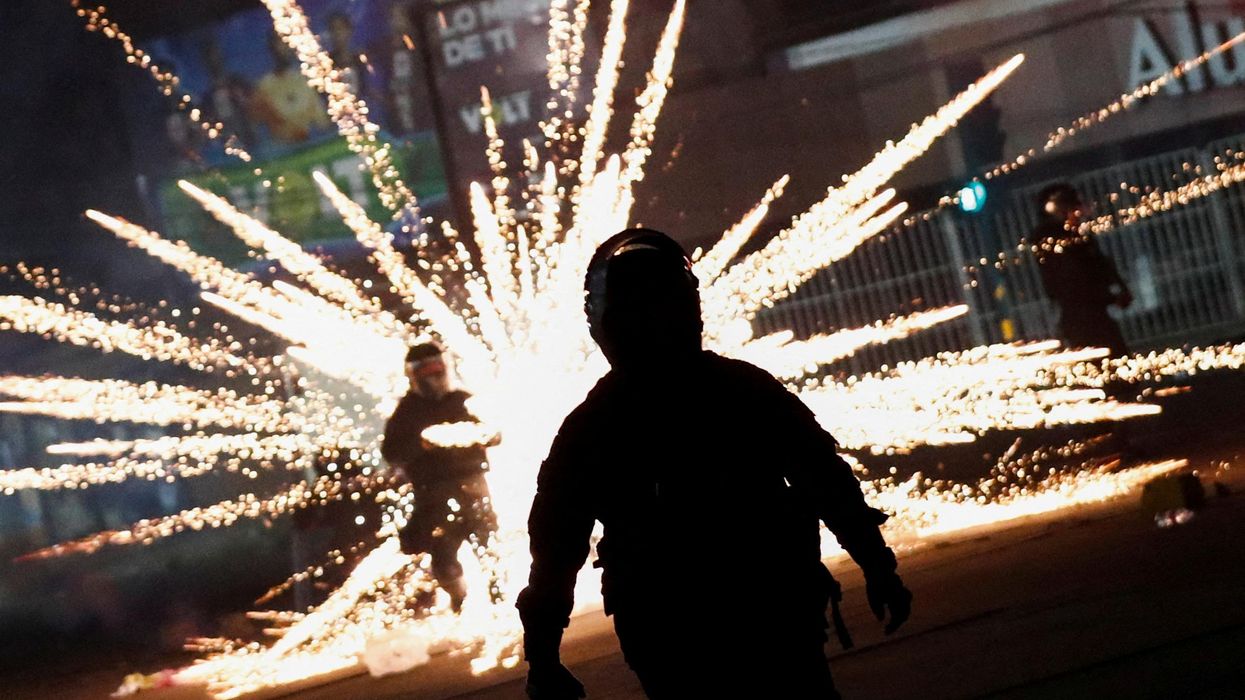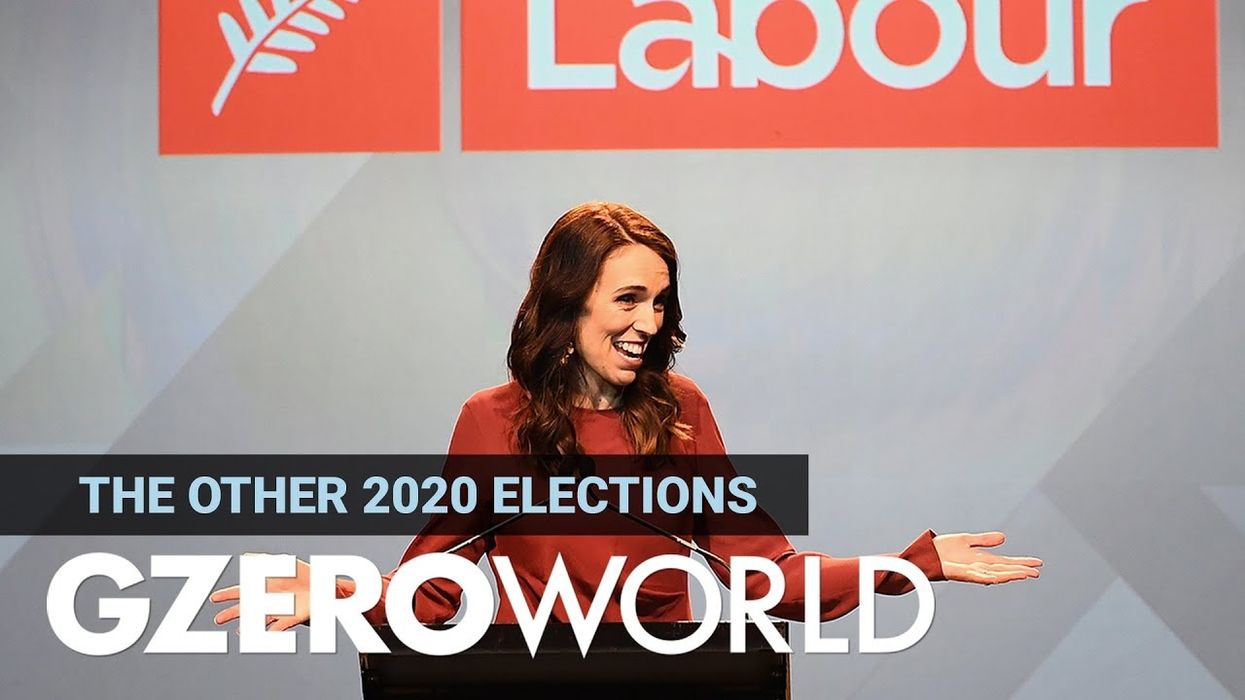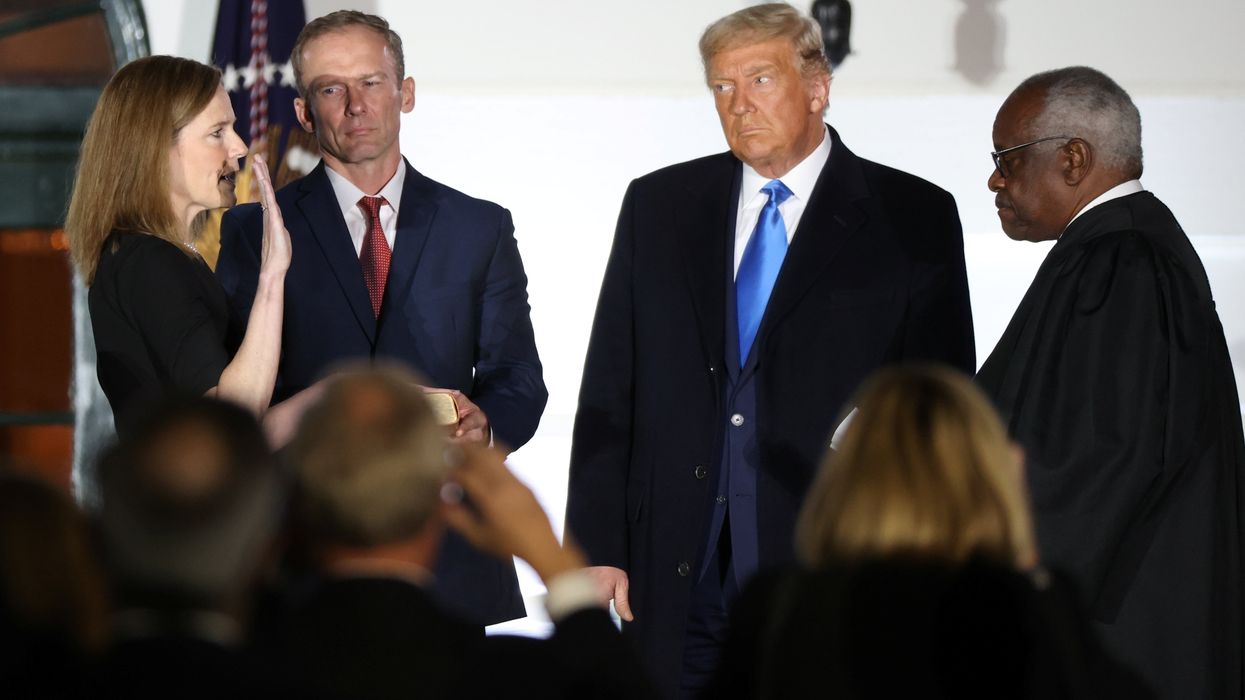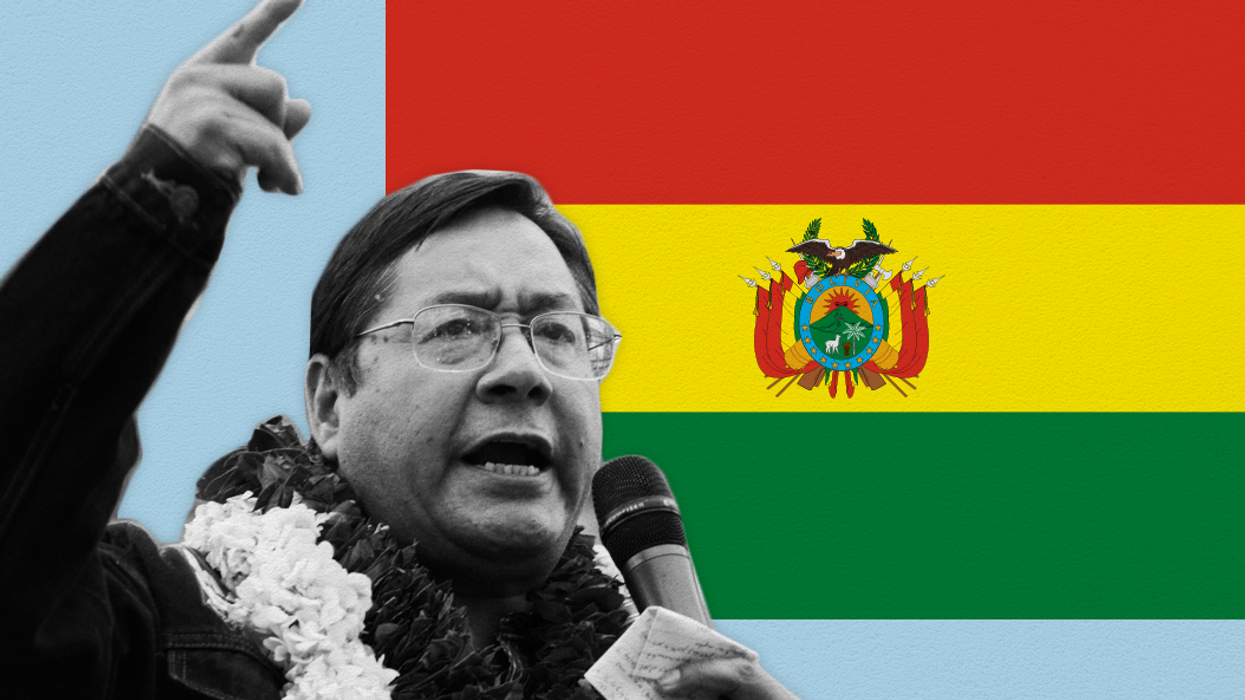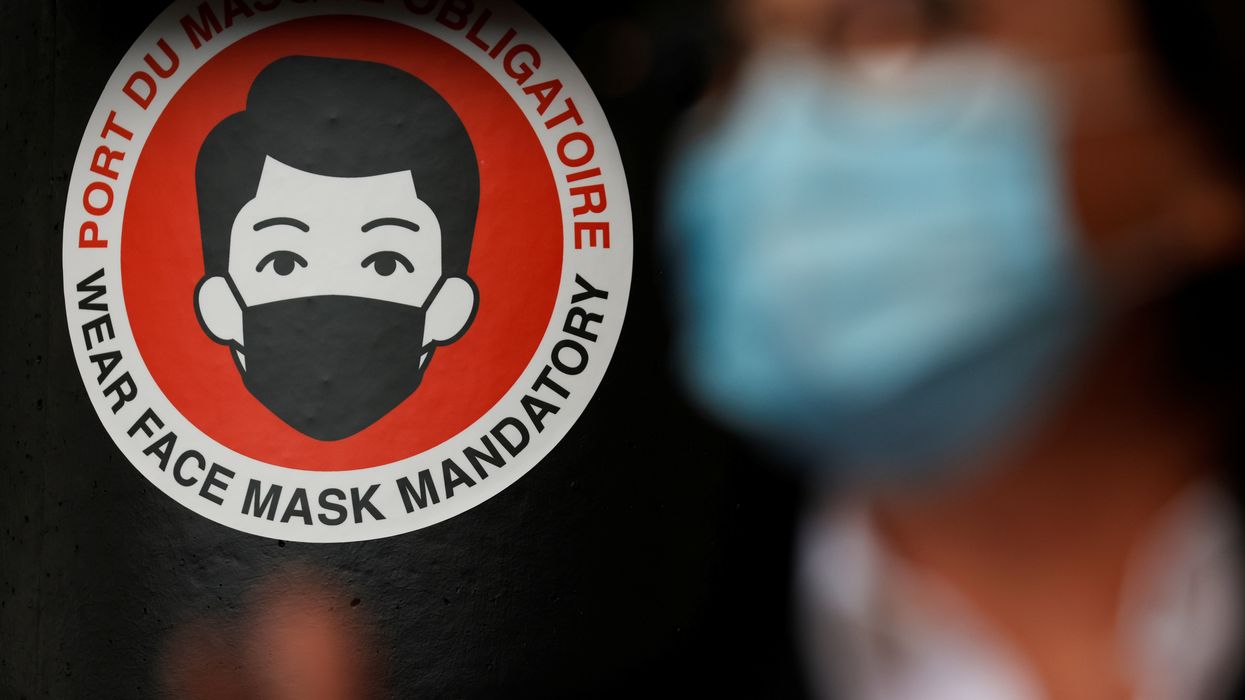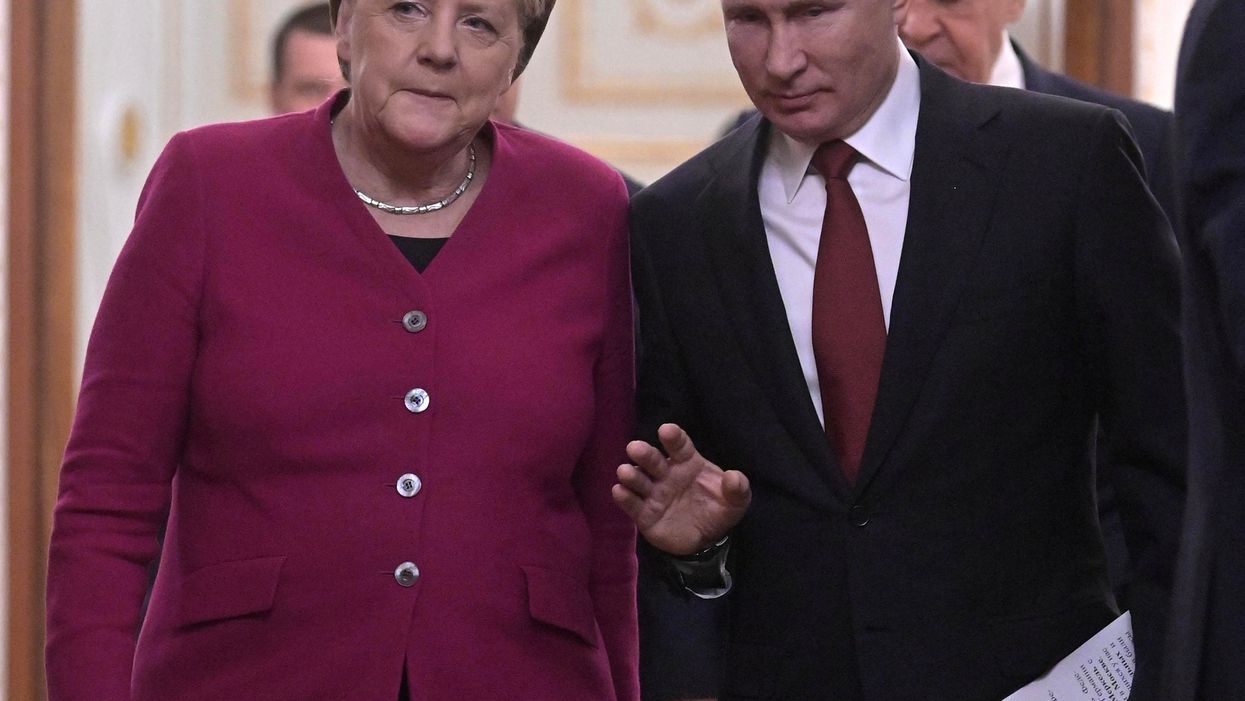What We're Watching
What We’re Watching: Pressure on Israel, Jitters in Bolivia, Podcasts for Democrats
The UK and EU threatened Tuesday to revise trade ties with Israel unless PM Benjamin Netanyahu stops the new offensive in the Gaza Strip and allows sufficient humanitarian aid into the besieged enclave.
May 20, 2025
